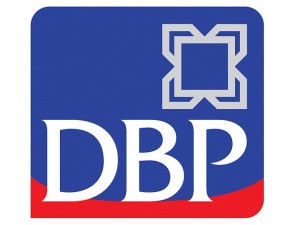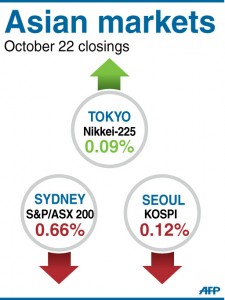
“With each and everyone’s unqualified support, I will do what I can, as much as I can, to address issues and concerns—and I know they are varied—for the good of the institution, its officers and employees, and our country,” Buenventura told DBP employees in his first day in office on Monday.
“This is not a promise of a cure-all for the challenges the bank now faces, but I remain optimistic and committed.”
Buenventura took on the reins of the state lender a month after the Office of the Ombudsman recommended the filing of graft charges against 22 former officers of DBP. The DBP executives, along with Roberto Ongpin and two other businessmen, had been accused of wrongdoing in connection with two loans amounting to P660 million granted to Ongpin’s firm in 2009.
Buenaventura on Monday explained that a back-to-basics strategy would entail reinforcing DBP’s financial muscle characterized by a strong capital adequacy ratio, and a consistently healthy balance sheet and earnings predictability.
“Despite challenges, the people that make up DBP have remained patient and reasonable as they are united by a common commitment to DBP’s development mandate,” he said. “This gives me the confidence that I made the right choice—to work for government, with DBP specifically, as I pursue a personal advocacy of giving back to our country.”
Buenaventura has worked in private banks all his life. Just prior to DBP, he was senior executive vice president and chief operating officer of Bank of the Philippine Islands.
“Coming from the private sector, I admit that I have much to learn leading a government bank,” he said. “But I believe that a back-to-basics approach should serve the institution well.”


